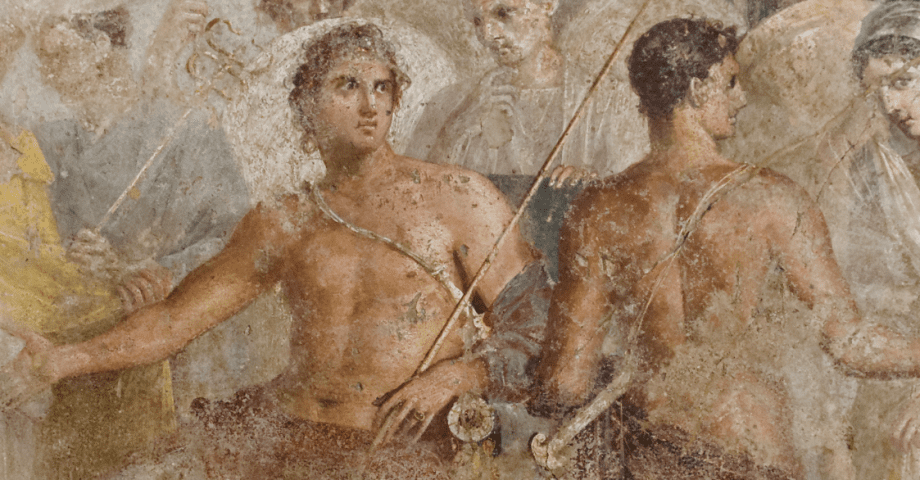10 Ace Facts About Achilles
The chances are that you have already heard of Achilles and maybe even reference his heel every now and then! But do you really know who Achilles was, and the significance of his story? We can help with that! Here are some fun facts about Achilles that you might find fascinating.
1. Who is Achilles?
Achilles was a legendary hero in Greek mythology. He was also a main character in Homer’s epic poem, the Iliad. He was the son of the mortal king Peleus and the sea nymph Thetis.
2. What’s this about a prophecy?
Achilles’ life had been prophesied – he was destined for a short life, but great glory. It was said that he could choose between a long, peaceful life and an early death with everlasting fame. Achilles chose the latter, and he definitely got the fame!
3. Achilles was pivotal in the Trojan War.
Achilles was known for his incredible bravery and skill in battle. He played a crucial role as a warrior in the Trojan War, fighting on the side of the Greeks against the city of Troy.

4. What was Achilles’ heel?
One of Achilles’ most famous characteristics was his invulnerability, except for his heel. According to the myth, his mother, Thetis, dipped him into the River Styx, making him invincible everywhere except for the spot where she held him—the back of his heel. This later proved to be a bad mistake!
5. He’s responsible for a turn of phrase many of us use even now.
When someone refers to a weakness in themselves or in others, they call it their Achilles heel because of the story mentioned above! It has become a popular expression that is still very much used today! So, Achilles definitely got his long-lasting fame, but mostly for his weak point!
6. What was the relationship between Achilles and Patroclus?
Achilles was known for being very close to Patroclus. In some stories, they are depicted as close companions and other interpretations see them as lovers. Patroclus’s death was even a driving force behind Achilles’ actions in the Trojan War, as it pained him so much.
7. Achilles sought revenge on Hector.
Following Patroclus’ death, Achilles went on a violent rampage seeking revenge. He re-entered the battle and killed Hector, the Trojan prince, who also happened to be Troy’s greatest warrior. He then dragged his body behind his chariot.
8. What is Aristeia?
Achilles’ behavior and skill in the Iliad demonstrate the concept of “Aristeia.” Aristeia is said to be a warrior’s shining moment of excellence and supreme valor in battle. Achilles had numerous Aristeia moments, showcasing his prowess and power on the battlefield.
9. Achilles’ death is told in many different ways.
There are multiple versions of Achilles’ death to be found, but one thing they all have in common is that it was gruesome and painful! Many believe that Achilles was shot in the heel (his only weak spot) by a poison arrow.

10. Life after death?
Many also believe that following his death, Achilles was taken to the island of Leuke, where he married the sea nymphs and lived in eternal bliss. He was worshipped as a hero and even had cults dedicated to him in various parts of Greece!
FAQs about Achilles
Did Achilles fall in love?
It was believed that Achilles fell in love with Briseis. However, he was also believed to have a male lover.
Was Achilles good or bad?
Achilles was known for being very strong, brave, and loyal. According to Greek mythology, as far as good and bad go, Achilles can be considered among the good ones.
How old did Achilles get?
Depending on the rendition of the story, Achilles could have lived anywhere to the age of 21 or 30 years old. Either way, he was known for having died at a young age.
Further reading
https://factcity.com/tag/greek-mythology
https://www.britishmuseum.org/blog/who-was-achilles
https://www.greekmythology.com/Myths/Heroes/Achilles/achilles.html
Do you know any fun facts about Achilles? Share them in the comments below!
This page was last modified on August 16, 2023. Suggest an edit









